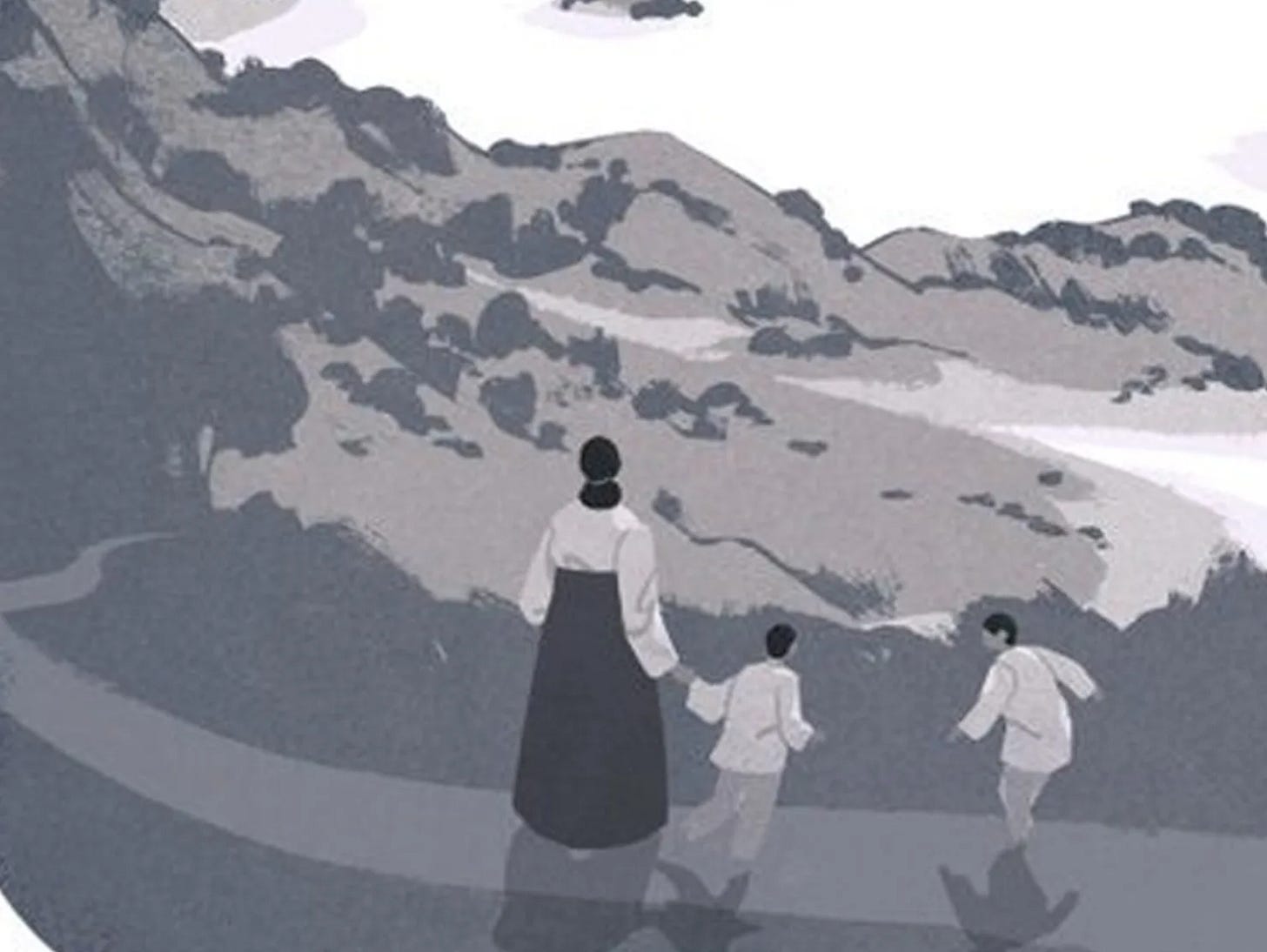Pachinko: A Poignant Exploration of Identity, Resilience, and the Struggle for Belonging
Min Jin Lee's Epic Novel Weaves History and Humanity Through the Struggles of a Marginalized Korean Family in Japan
From this brilliantly blunt opener, Min Jin Lee takes us on an epic journey that spans a century of suffering, endurance, and the quiet defiance of an ethnic Korean family in Japan. Pachinko doesn’t just tell their story; it weaves a rich tapestry of history and identity, all while dragging the reader through the knotty thickets of survival and belonging in a place that refuses to recognize them.
At the novel’s core is Sunja, a woman of extraordinary resilience. She holds her family together, battling discrimination, poverty, and the deeply ingrained hostility of a society that sees them as eternal outsiders. “Living every day in the presence of those who refuse to acknowledge your humanity takes great courage.” That quote alone encapsulates the heartbreaking reality of being Zainichi, or ethnic Koreans in Japan—locked in the margins, forever outsiders in a place they call home.
Then there's pachinko. It’s not just a game—it’s a metaphor for the family's struggle. Pachinko parlours, where many Koreans found their economic footing, symbolize both a pathway to financial survival and the stigma of being a permanent outsider. Like the game, their lives are unpredictable, full of setbacks and small victories, but never fully secure. It’s a world where “the odds are stacked against them,” and still, they fight to live, love, and thrive.
Lee’s eye for detail is dazzling, capturing the quiet moments alongside the monumental shifts in time and circumstance. But don’t be fooled by the elegance of her prose—there’s a cold, unflinching gaze beneath. “In this world, it is better to be a murderer than to be a fool,” a character muses, reminding us of the brutal choices the poor must face. And the women? Well, they bear the brunt of it all. “A woman’s lot is to suffer,” one line grimly notes, but somehow, they rise. The message of education as a tool for liberation, “Learn everything. Fill your mind with knowledge—the only power no one can take away from you,” is their beacon of hope.
What Pachinko does best is stitch together the grand sweep of history with the intimate lives of its characters. Their personal struggles—while deeply rooted in their unique context—echo the universal human quests for identity, dignity, and belonging. Lee makes you feel the weight of their hopes and sacrifices, turning their private battles into something universal. Every triumph, every sorrow, hits you square in the gut.
More than a novel, Pachinko is a lens through which to view today’s world. It’s a powerful reminder that marginalized communities everywhere are fighting for the same things—recognition, respect, and a place to call home. And much like its characters, Pachinko will linger with you long after the last page, refusing to fade from your thoughts.
By the way, if you haven’t checked out the 2022 adaptation on AppleTV+, created by Soo Hugh, now might be a good time. It brings a whole new dimension to this unforgettable story.




